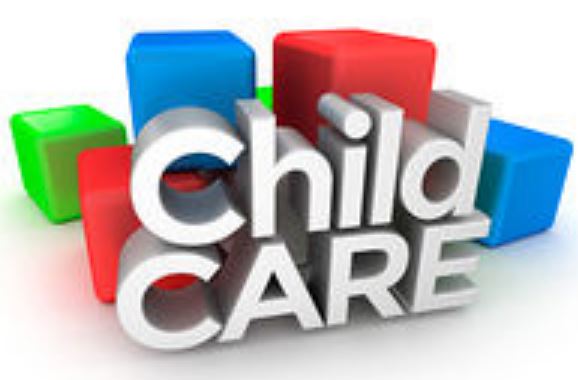[ad_1]
Submitted to the AFRO by Chelsea Neil
Imagine the fear and anger you would experience upon hearing from your child care provider that your child has been exposed to toxic chemicals. Over ten years ago, this was the reality for hundreds of parents in the New Jersey metropolitan area as they received news that their children were exposed to toxic mercury vapors 30-50 times beyond acceptable limits.
The New Jersey mercury exposure accident was a nightmare that exposed how America’s children are vulnerable to harmful environmental exposures in early learning facilities.. Although, the buzz around the accident has disintegrated, the environmental health of children remains an alarming issue. Poor drinking water and air quality are among the most prevalent environmental hazards found in child care facilities throughout the United States.
Even though, safe and healthy K-12 environments are critical to student’s health and academic performance, early childhood education facilities deserve equal if not more attention. Child care facilities serve approximately 11 million of the youngest and most vulnerable children for more than 40 hours a week. The developing minds and bodies of young children make them uniquely susceptible to harmful chemical exposure. No amount of exposure is optimal for healthy brain and physical development.

New Jersey parents affected by the accident still live in fear that their children will develop learning disabilities, cancer, autism, and obesity; all consequences of toxic chemical exposure. According to the Center for Disease Control (CDC), the effects of toxic chemical exposure are not necessarily immediate nevertheless they are life long and egregious.
Maryland and New Jersey schools and daycare facilities are among five other states that received an “average” grade in the Get the Lead Out public policy initiative. Only the District of Columbia and Illinois ranked “above average” leaving approximately 43 states in the failing category. This is more than disheartening.
The lack of state and federal oversight compromises the environmental health of children in child care settings. Many local and federal enforcement agencies do not require child care facilities to conduct in-depth environmental hazards testing, like sampling the drinking water for lead or indoor air for radon . Child care licensing regulations primarily focus on hand washing or concealment of cleaning supplies. Generally, child care facilities are inspected based on zoning laws rather than its location in proximity to potential environmental hazards. There are no comprehensive, mandated environmental health best practices for child care facilities at the state or federal level, which creates disparities in early childhood education.
Fortunately, there is hope– families can have quality, cost-effective and eco-friendly child care by seeking out child care providers who are endorsed by the Eco-Healthy Child Care(r) (EHCC) program. EHCC is an organization that works with child care facilities to reduce environmental hazards found in early learning environments–hazards like lead in drinking water, pesticides and unsafe plastics. EHCC endorses child care providers who meet 24 out of 30 best practices found on the EHCC checklist (https://cehn.org/our-work/eco-healthy-child-care/ehcc-checklists/). The EHCC program supports, educates and equips child care providers and parents with the necessary tools, to build and maintain an eco-friendly environment that is conducive to positive child health outcomes.
On National Healthy Schools Day, we would like to thank the Eco-Healthy Child Care(r) endorsed child care facilities and providers for their outstanding commitment to eco-friendly child care environments. We urge child care professionals and policymakers across America to prioritize the environmental health of all children and to make early learning environments as safe and healthy as possible.
Chelsea Neil is a graduate student at Wilmington University College of Social and Behavioral Sciences pursuing a master’s in applied family Science. She is an Intern at The Children’s Environmental Health Network.
The opinions on this page are those of the writers and not necessarily those of the AFRO.
Send letters to The Afro-American • 1531 S. Edgewood St. Baltimore, MD 21227 or fax to 1-877-570-9297 or e-mail to [email protected]
[ad_2]
Source link
